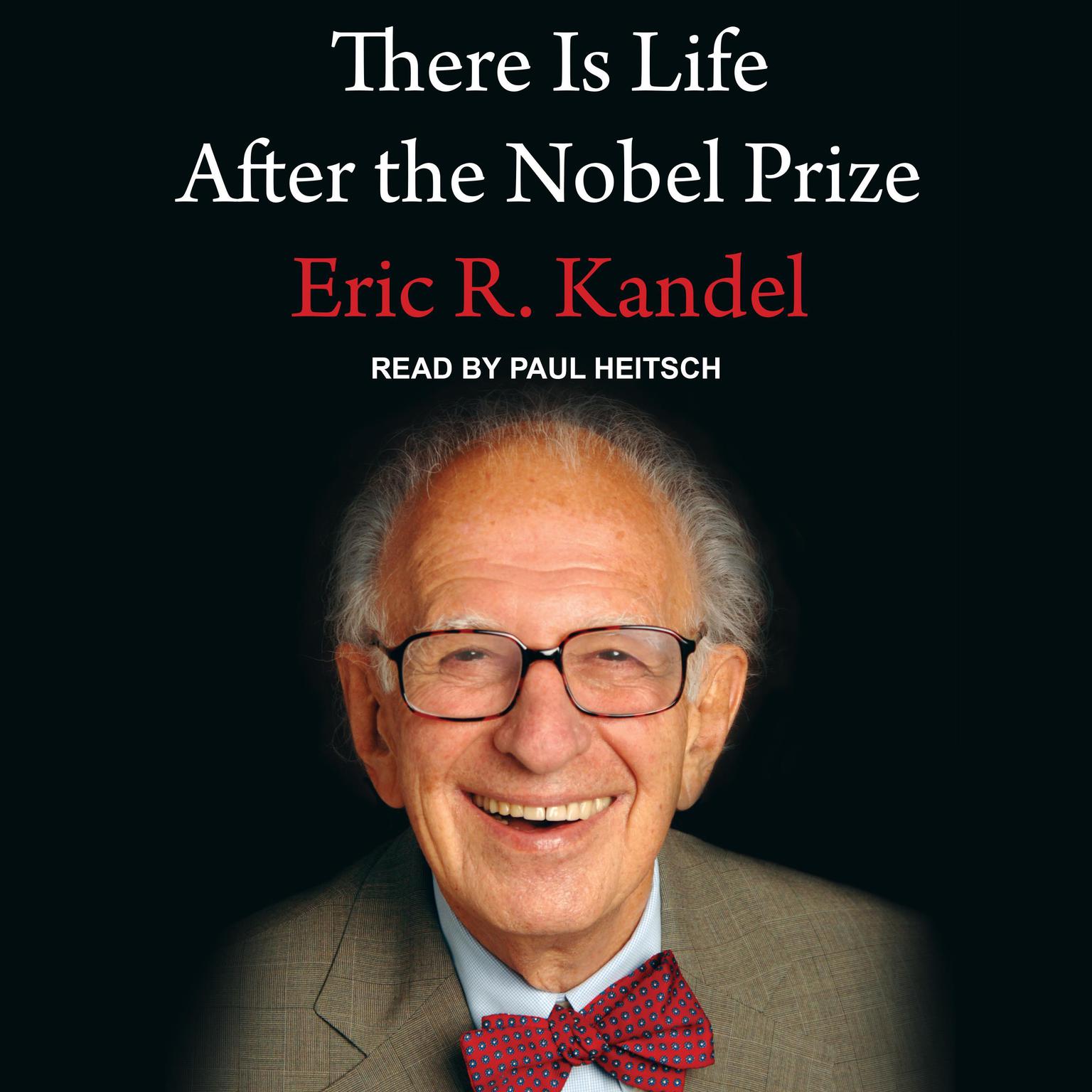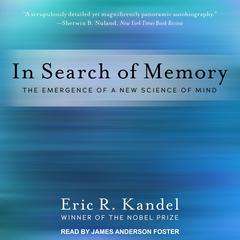 Play Audiobook Sample
Play Audiobook Sample
There Is Life After the Nobel Prize Audiobook
 Play Audiobook Sample
Play Audiobook Sample
Quick Stats About this Audiobook
Total Audiobook Chapters:
Longest Chapter Length:
Shortest Chapter Length:
Average Chapter Length:
Audiobooks by this Author:
Publisher Description
One day in 1996, the neuroscientist Eric R. Kandel took a call from his program officer at the National Institute of Mental Health, who informed him that he had been awarded a key grant. Also, the officer said, he and his colleagues thought Kandel would win the Nobel Prize. "I hope not soon," Kandel's wife, Denise, said when she heard this. Sociologists had found that Nobel Prize winners often did not contribute much more to science, she explained.
In this book, Kandel recounts his remarkable career since receiving the Nobel in 2000—or his experience of proving to his wife that he was not yet "completely dead intellectually." Kandel relates how the Nobel Prize gave him the opportunity to reach a far larger audience, which in turn allowed him to discover and pursue new directions. He describes his efforts to promote public understanding of science and to put brain science and art into conversation with each other. Kandel also discusses his return to Austria, which he had fled as a child, and observes Austria's coming to terms with the Nazi period. Showcasing Kandel's accomplishments, erudition, and wit, There Is Life After the Nobel Prize is a candid account of the working life of an acclaimed scientist.
Download and start listening now!
There Is Life After the Nobel Prize Listener Reviews
Be the first to write a review about this audiobook!
About Eric R. Kandel
Eric R. Kandel is the University Professor and Fred Kavli Professor at Columbia University and a Senior Investigator at the Howard Hughes Medical Institute. The recipient of the 2000 Nobel Prize in Physiology or Medicine for his studies of learning and memory, he is the author of In Search of Memory, a memoir that won a Los Angeles Times Book Prize; The Age of Insight: The Quest to Understand the Unconscious in Art, Mind, and Brain, from Vienna 1900 to the Present, which won the Bruno Kreisky Award in Literature, Austria’s highest literary award; and Reductionism in Art and Science: Bridging the Two Cultures, a book about the New York School of abstract art. He is also the coauthor of Principles of Neural Science, the standard textbook in the field.
About Paul Heitsch
After producing, directing, and engineering spoken word recordings for over twenty years, Paul Heitsch began narrating audiobooks in 2011, and has recorded many bestselling titles as both himself and under a pseudonym. A classically trained pianist, Paul is also a composer and sound designer, and is currently the director of music for the James Madison University School of Theatre and Dance, and an adjunct instructor for the JMU School of Music. He and his family live in the beautiful Shenandoah Valley region of Virginia (although Chicago will always be his hometown).







